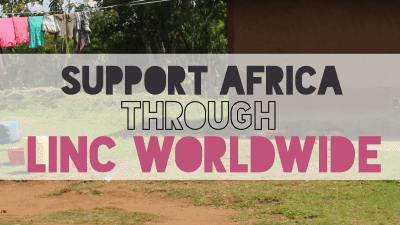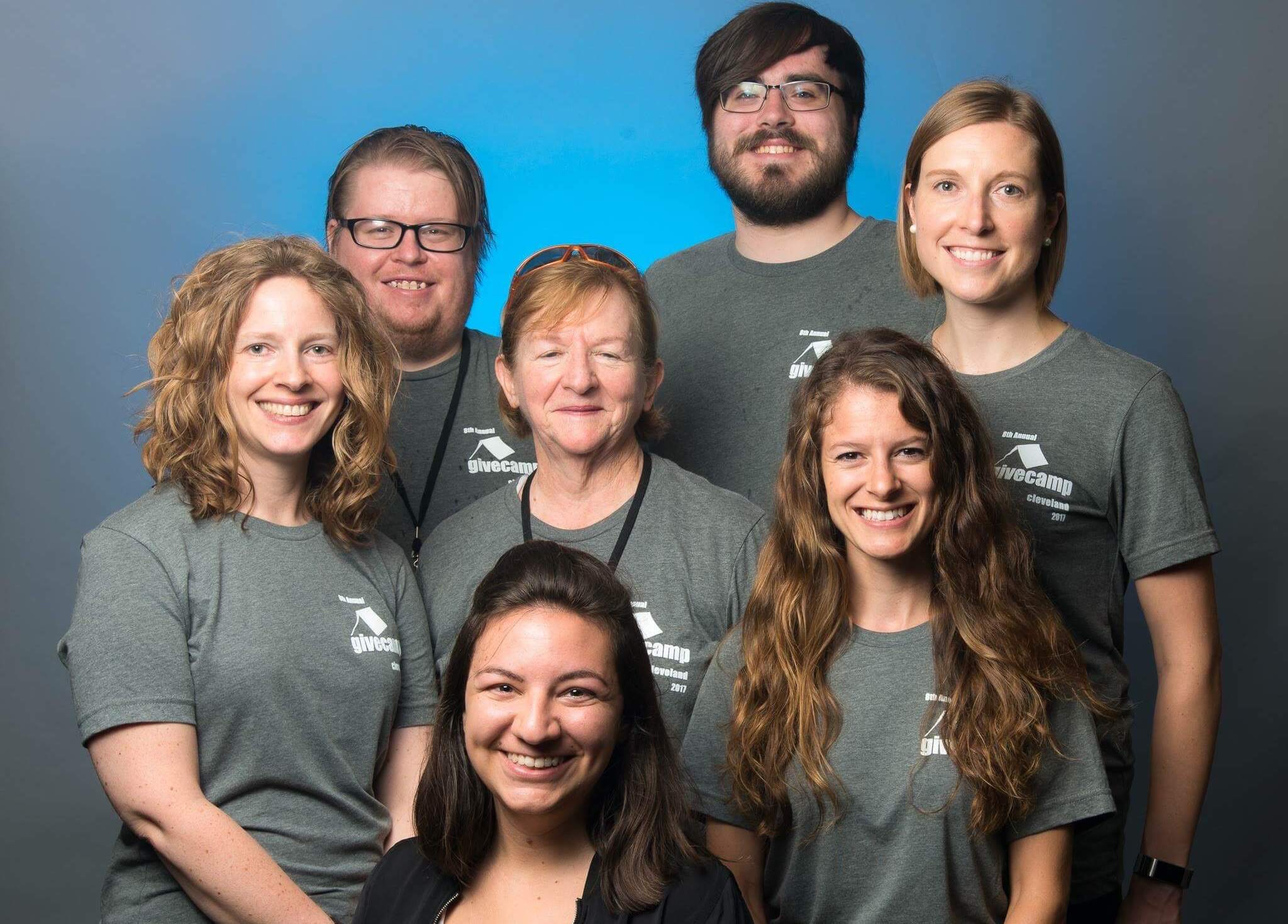Water Crisis in Kenya
One of the leading causes of death in children under 5 years old is related to water and sanitation issues. Over 2,000 children die daily due to diarrheal diseases, and 88% of these diseases result from drinking unsafe water, insufficient sanitation practices, and water related hygiene. Due to lack of access to clean water, Kenyans are susceptible to countless water and poor sanitation related diseases such as arsenicosis, cholera, guinea worm disease, fluorosis, HIV/AIDS, intestinal worms, malaria, schistosomiasis, trachoma, and typhoid.
 Lack of Access to Clean Water
Lack of Access to Clean Water
In first world countries we have unlimited access to clean drinking water. However, this simple luxury is not worldwide, currently 9.4 million people in Kenya are drinking contaminated water. For some rural communities, they not only lack clean water, but they also struggle finding and keeping running water supplies at all. Accessible drinking water is not only essential for basic survival but also for many Kenyan livelihoods that depend on livestock.
As we’ve witnessed first hand with COVID-19, hand-washing is a key factor in preventing the spread of the virus and many other diseases. Studies show that one-third of diarrheal diseases are preventable by implementing hand washing. This simple act could drastically improve the fatalities and illness that plagues Kenya. Sadly, only 14% of people in Kenya have access to hand-washing facilities in their home, making proper hygiene scarce. Under recent circumstances locals have expressed their concerns by stating they barely have enough water to drink and cook with, how are they supposed to frequently wash their hands too?
Sanitation Facilities
Another luxury we often take for granted is access to a bathroom. However in Kenya, approximately 5 million people, with no other place to go, practice open defecation. This leads to contamination of the community’s drinking water source and in turn, leads to these deathly diseases. Sanitation can only happen if Kenyans have a way and place to do so. Our plan is to provide our school with flushable toilets which will help improve waste disposal and drastically cut-down on waterborne diseases.
The water crisis in Kenya is far from over, but our hope is to work towards building a more sustainable water system for our brothers and sister in Awasi. As progress continues, the next step for our school is to build a solar-paneled pump well to provide water for our students and their community. LINC’s goal is to implement WASH programs which aim to make drinking water safe, improve hygiene and sanitation, and control and eliminate disease. Our hope with building the well is to not only to provide clean water and facilities for our students, but to save lives, reduce disease, and help the entire Awasi community flourish.









